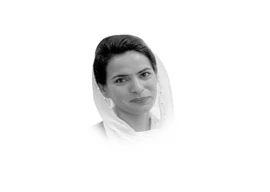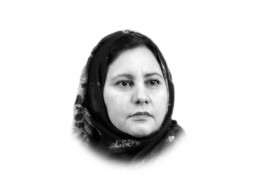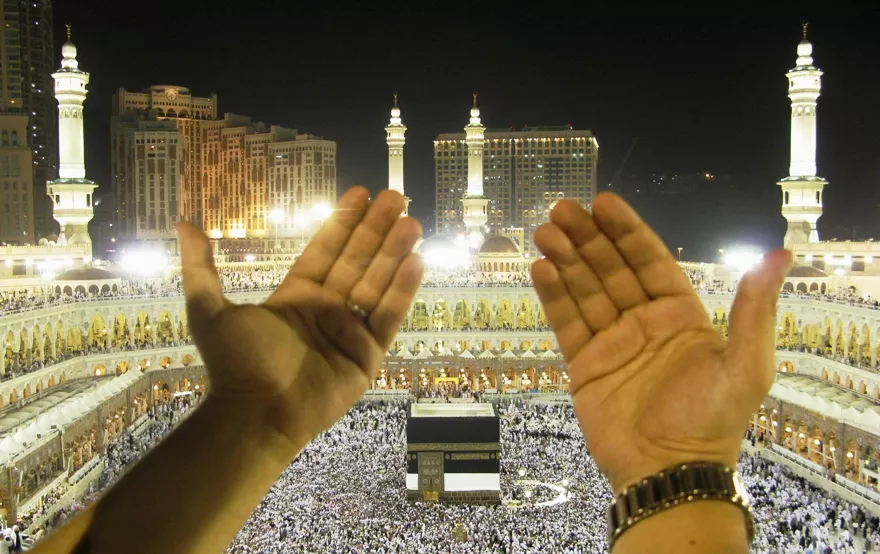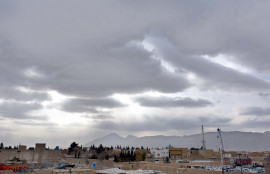
Let’s do some fact checking and analyse whether the Indian foreign minister’s speech has any substance in it or it’s just an attempt to score brownie points against Pakistan using the podium of UN General Assembly. On Kashmir, this is what she had to say, “My firm advice to Pakistan is: abandon this dream. Let me state unequivocally that Jammu and Kashmir is an integral part of India and will always remain so.” But the fact is contrary to Sushma’s claim. Kashmir is not an integral part of India. It is an internationally recognised dispute that dates back to the partition of the subcontinent in 1947. It was India which first took this issue to the UNSC in 1948. It was India’s prime minister Jawaharlal Nehru, who promised to hold a plebiscite to decide the future of the Himalayan region. Even in 1972, according to the Simla Accord, the two countries agreed to find a final settlement over this dispute.
The two countries held several rounds of talks to resolve this dispute. Kashmir remained high on the agenda whenever bilateral dialogue was held between the two countries in the past. During the time of General Musharraf’s military rule, the two countries had even exchanged proposals to find a solution to this problem. And more recently, the government of Indian Prime Minister Narendra Modi agreed to resume the comprehensive bilateral dialogue to discuss all outstanding issues, including Kashmir. So, if Kashmir was indeed an integral part of India, then why it had been part of the bilateral dialogue process between the two countries. Since India has been feeling the heat from Pakistan on the current violence in Kashmir, it was not surprising that the Modi government came up with an innovative idea to raise the issue of Balochistan to counter Islamabad’s aggressive diplomacy on Kashmir. Instead of responding to the allegations of rampant human rights violations by Indian security forces in held Kashmir, the Indian foreign minister asked Pakistan to put its own house in order. “On September 21, the prime minister of Pakistan used this podium to make baseless allegations about human rights violations in my country. I can only say that those accusing others of human rights violations would do well to introspect and see what egregious abuses they are perpetrating in their own country, including in Balochistan. The brutality against the Baloch people represents the worst form of State oppression,” she alleged.
Equating Balochistan with Kashmir is factually incorrect. There is no comparison between the two. It is true that Balochistan is facing a law and order problem for many years but it is purely an internal matter of Pakistan. So when India talks of so-called human rights violations in Balochistan, it is in reality interfering in the internal matters of Pakistan, a policy that also drew strong criticism by critics within India. If India is entitled to raise Balochistan issue that means Pakistan is equally justified in taking up the excesses being committed against minorities particularly against Muslims in India and the several separatist movements that are currently underway in India. In short, India’s attempt to highlight Balochistan issue cannot exonerate it from the atrocities it has been committing in the held territory. In her speech, Sushma said, “In our midst, there are nations that still speak the language of terrorism, that nurture it, peddle it, and export it. To shelter terrorists has become their calling card. We must identify these nations and hold them to account. These nations, in which UN designated terrorists roam freely, lead processions and deliver their poisonous sermons of hate with impunity, are as culpable as the very terrorists they harbour. Such countries should have no place in the comity of nations.” Though she didn’t name the country, she was obviously hinting at Pakistan. However, fact is that Pakistan is recognised as a frontline state in the global battle against terrorism. The country has endured both human and financial costs. If Pakistan was indeed an exporter of terrorism, then our national security adviser would not have given crucial intelligence to his Indian counterpart about the infiltration of certain militants earlier this year.
The crux of Swaraj’s speech was to isolate Pakistan internationally. Has India succeeded in its efforts? The answer lies in the ongoing Pakistan-Russia counter-terrorism exercises. If India’s long-term ally, Moscow, is not ready to buy its claim on Pakistan, then forget about other countries being affected by New Delhi’s line.
Published in The Express Tribune, September 28th, 2016.
Like Opinion & Editorial on Facebook, follow @ETOpEd on Twitter to receive all updates on all our daily pieces.















COMMENTS
Comments are moderated and generally will be posted if they are on-topic and not abusive.
For more information, please see our Comments FAQ